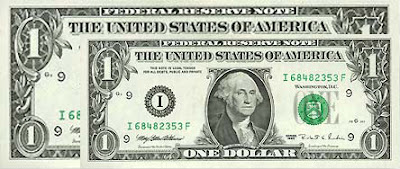Bailing out the Wall-Street
Written by A Forex View From Afar on Thursday, February 28, 2008Back to www.thelfb.com
Mr. Paulson, in a recent interview, said all of these plans to bailout home-owners are made for the Wall-Street guys.
"I'm seeing a series of ideas suggested involving major government intervention in the housing market, and these things are usually presented or sold as a way of helping homeowners stay in their homes," Mr. Paulson said. "Then when you look at them more carefully what they really amount to is a bailout for financial institutions or Wall Street."
Tend to agree with him, but taxpayers money to bail-out private companies? Maybe you noticed; they are to cure the effects and not the source of problems
Source:
WSJ: Paulson Dismisses Mortgage Rescue Plans
Please add your Comments












